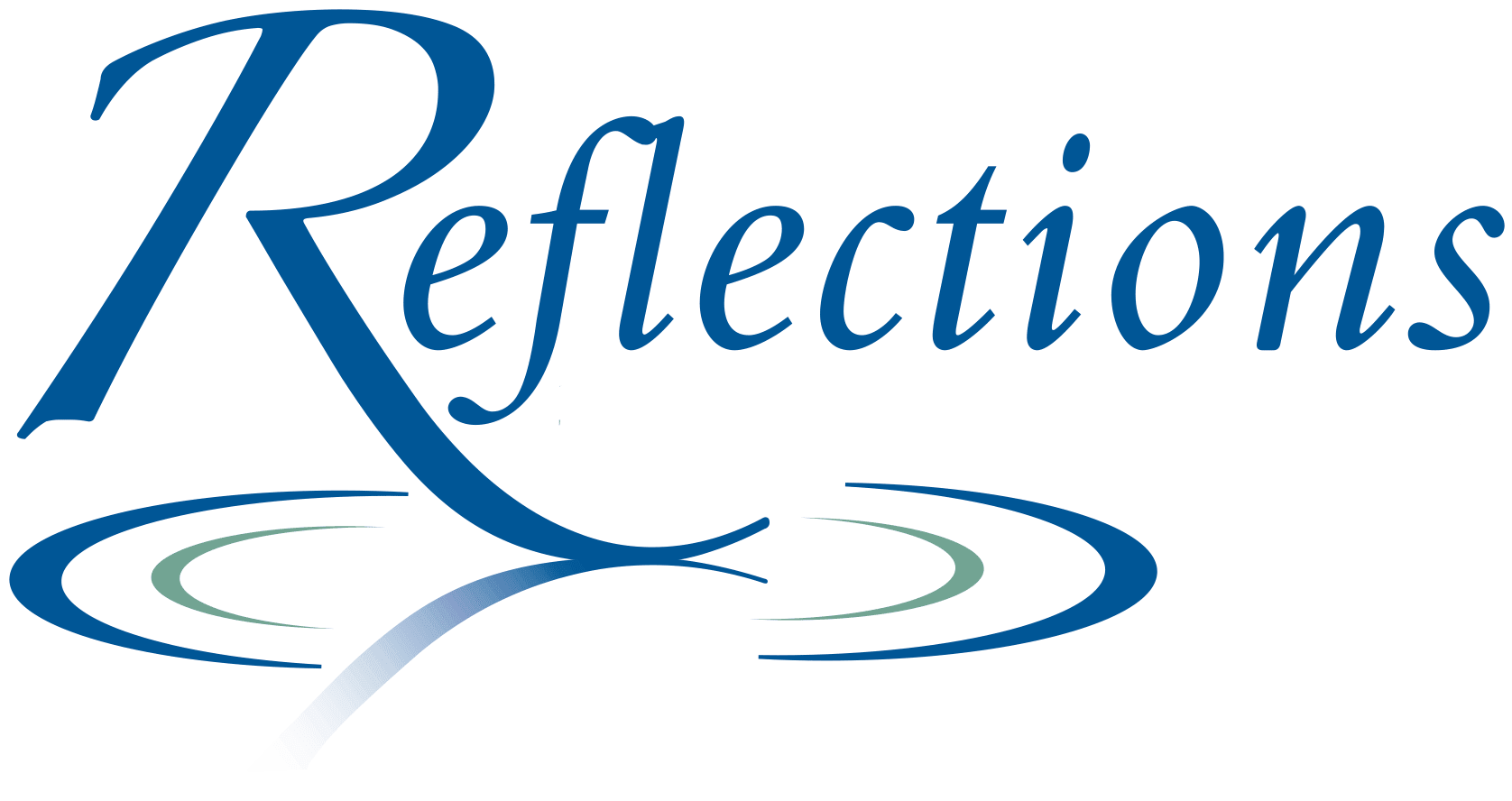Attention Deficit hyperactivity Disorder (ADHD) is a common mental condition that affects both adults and children. It is most commonly affecting concentration and attention span, provoking difficulty focusing on tasks. Additional signs include hyperactivity as well as an impulsive nature. This could cause issues in the academic, professional as well as social spheres. ADHD is often a difficult one to deal with. There are many treatment options to help people suffering from the condition live an enjoyable life. Knowing about ADHD and the symptoms it brings can help individuals manage it better and lead a more healthy life.

It is well known that alcohol has a variety of negative consequences on mental health and well-being. But, its negative effects are more severe in people with Attention Deficit Hyperactivity Disorder (ADHD). It has been discovered that drinking alcohol can cause more symptoms for those with ADHD and can make it more difficult for them to concentrate and focus. Alcohol may also interact with ADHD medication, reducing their effectiveness. ADHD patients are more likely to consume or abuse alcohol than the average person and could result in accidents or trouble with the law. Attention Deficit Hyperactivity disorder (ADHD) is a condition that requires moderate drinking and be more mindful.
ADHD can cause impulsivity and an increase in drinking. Studies have also shown that people suffering from ADHD demonstrate a higher vulnerability to develop physical and mental dependence on alcohol. ADHD symptoms such as insomnia disorganization, inattention, and sleep disorders are also worsened by alcohol. Alcohol is often a choice for those when they are unable handle ADHD symptoms using self-medication or other methods of coping. In the case of ADHD sufferers, it’s vital to comprehend both the dangers and benefits of drinking alcohol for them to manage their conditions.
A significant number of people use alcohol to treat their symptoms. But while alcohol can temporarily alleviate ADHD symptoms, it carries various dangers. Long-term use of alcohol could lead to serious health issues such as depression, confusion, or cognitive decline. The combination of prescriptions for ADHD medications, like Adderall and Ritalin can increase the likelihood of addiction or overdose. Although moderate amounts of alcohol may decrease anxiety and stress levels in those with ADHD but it should not be considered an permanent treatment. Individuals with ADHD require professional guidance to manage their symptoms in a secure, effective way.
Looking for help with a substance addiction, specifically an alcohol dependence, can be incredibly difficult to manage when you have an attention deficit disorder (ADHD). It is essential that both of these disorders are addressed by the treatment options you choose. Look for programs that provide dual diagnosis care. This means they incorporate both mental as well as medical aspects into their treatment plans. Request information about the availability of staff who can assist those suffering from ADHD or alcohol dependence. This will help you to choose which rehab center is the best fit for your needs. There are many programs that offer counseling for co-occurring disorders such ADHD or alcohol dependence. These therapies can help you control the symptoms of both disorders. It is vital to seek out assistance from your family and close friends who can assist you navigate your journey towards recovery. Even though it can be difficult to cope with both issues at once assistance from a professional is always at hand.
For more information, click does alcohol help adhd
